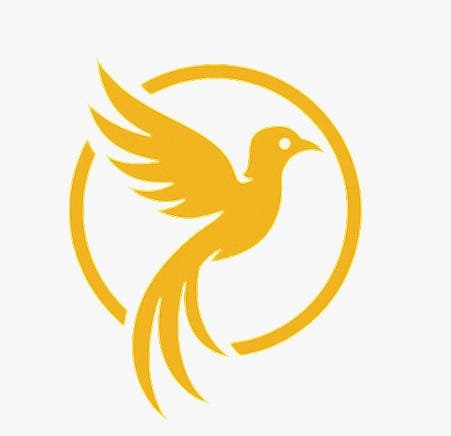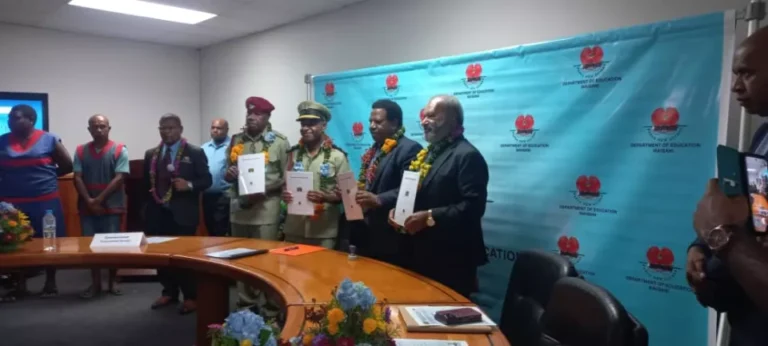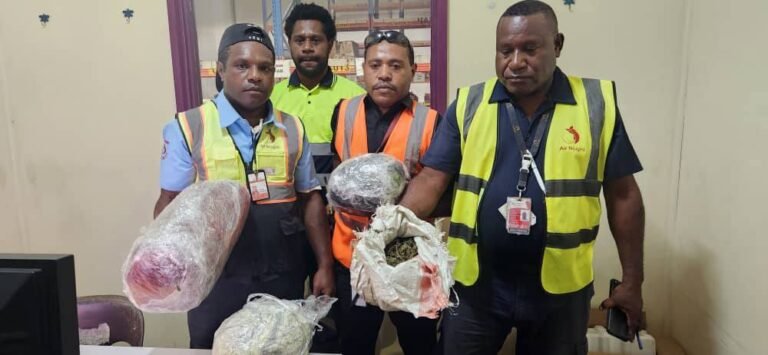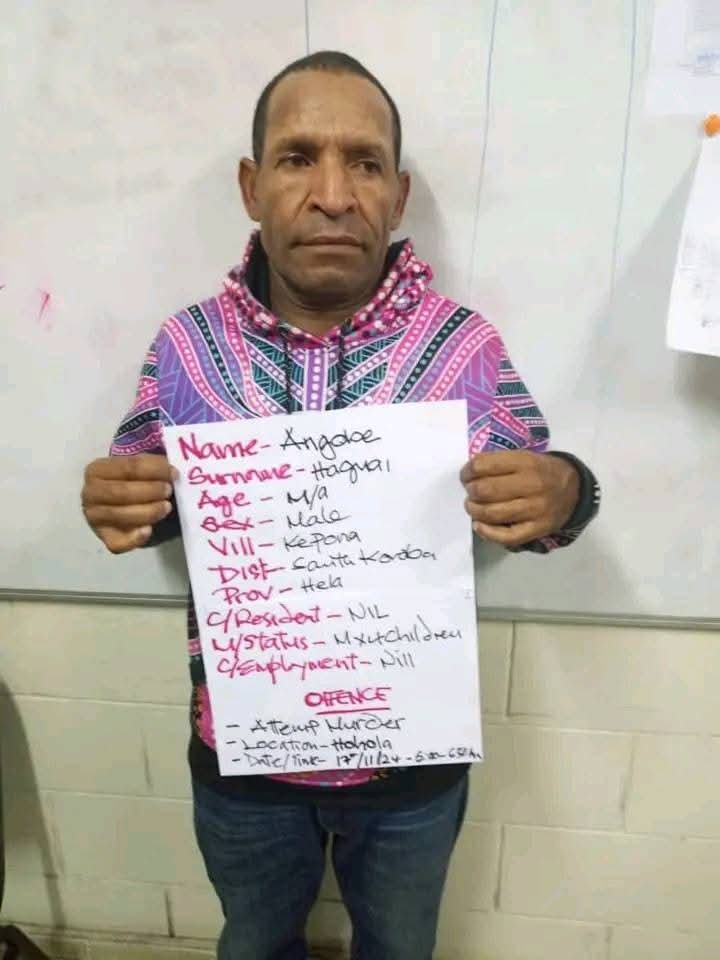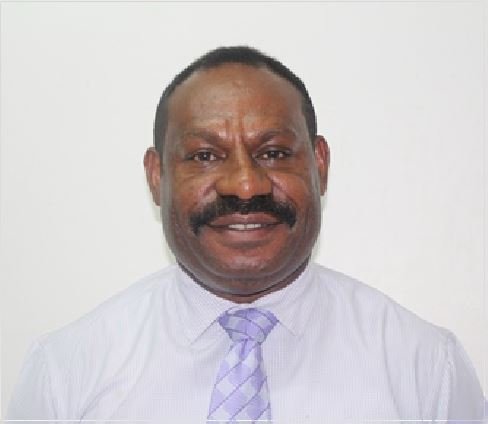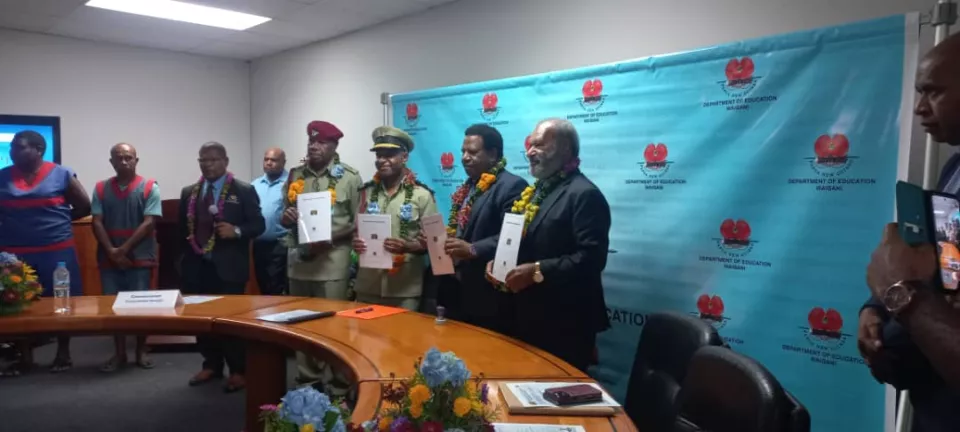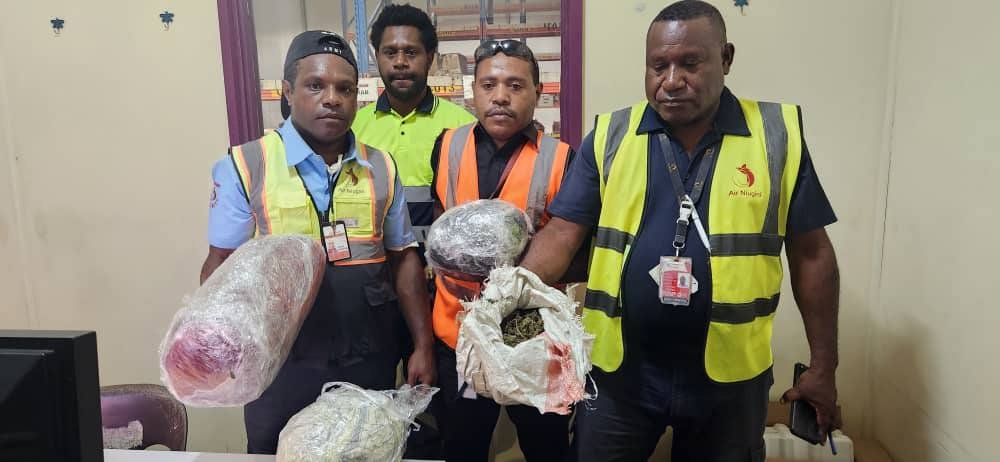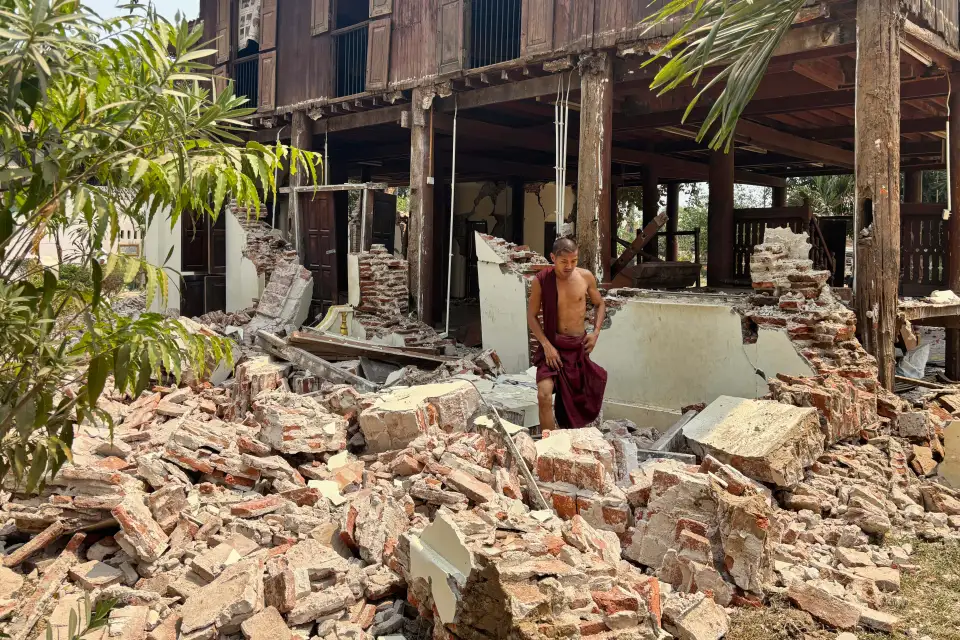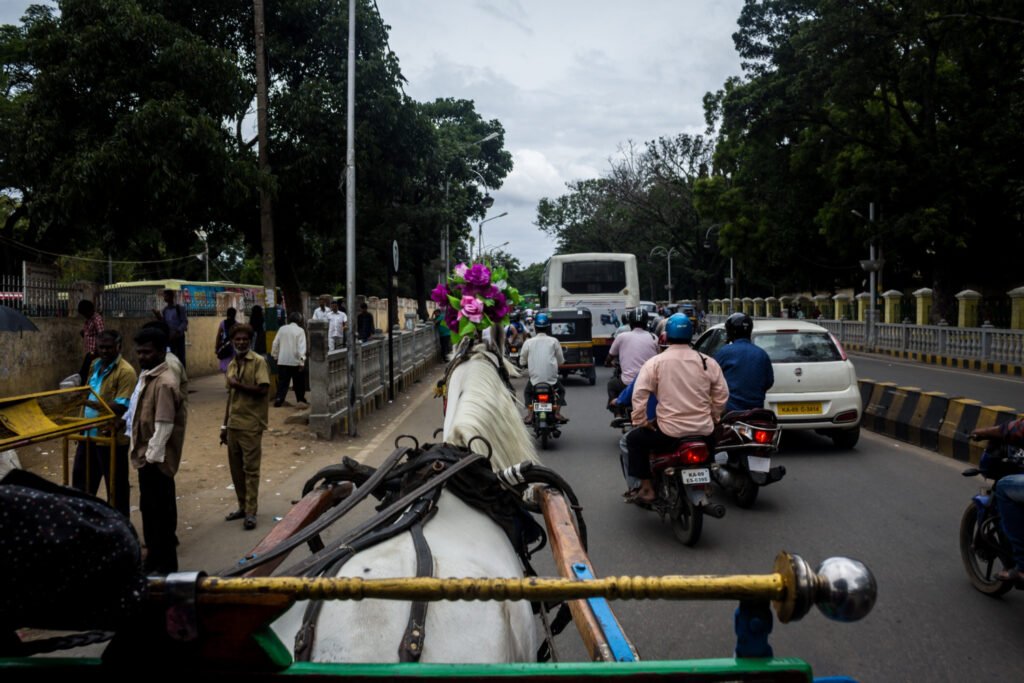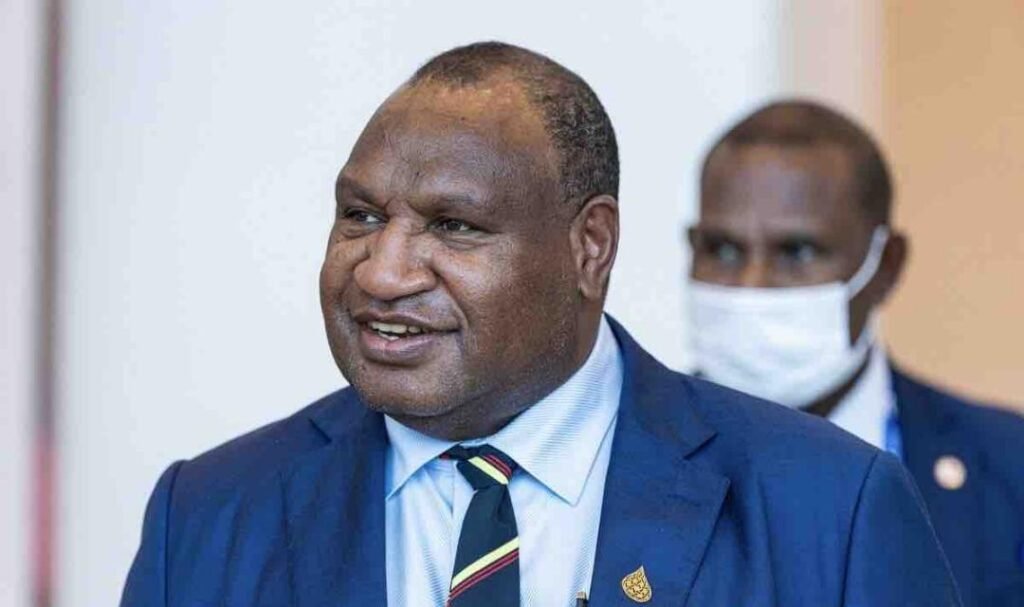In the heart of Papua New Guinea’s rugged highlands, a new wave of track athletes is rewriting the narrative of national pride—one sprint at a time.
From humble beginnings on dusty village ovals to dazzling under international lights, runners like Pais Wisil are leading a sprinting revival that’s capturing the country’s attention and igniting hopes for global recognition.
Pais Wisil and the New Generation
Hailing from Jiwaka Province, 22-year-old Pais Wisil has become a household name after breaking PNG’s 100m national record with a time of 10.34 seconds earlier this year. His rise from local meets to the World Indoor Championships in Glasgow not only signals athletic potential but showcases what’s possible when rural talent meets structured training.
“I grew up chasing my brothers through the kaukau gardens. I never thought that would lead to a world stage,” Wisil told PNG Bulletin after his return from Europe.
Wisil’s story is inspiring a broader movement—one where athletics is no longer seen as a sideline sport, but a professional path.
Records Fall, Confidence Rises
In the past 12 months, PNG’s national athletics program has seen a flurry of personal bests and national records:
- Betty Reva clocked 11.71s in the women’s 100m
- The 4x100m men’s relay team shaved nearly half a second off the national time
- Junior athlete Simon Launa, just 17, posted a 200m time of 21.89s, placing him in the top 3 in Oceania’s U20 category
These achievements are being supported by high-altitude training camps in Goroka and targeted strength & speed programs led by the PNG Sports Foundation.
Global Stages, Local Roots
At this year’s World Indoor Championships, PNG sent its largest track contingent in over a decade, with athletes competing in sprint and relay events. While podium finishes remain a goal for the future, the symbolic value of PNG flags on international lanes cannot be overstated.
The Oceania Athletics Association has commended PNG’s performance, citing “tremendous growth from a grassroots base” and predicting strong showings in upcoming events like the 2026 Commonwealth Games and the 2028 Olympics.
Challenges Ahead
Despite the rising momentum, hurdles remain. Limited access to synthetic tracks, inconsistent sponsorship, and lack of physiotherapy support continue to test athlete endurance—both physically and financially.
“The talent is there. What we need now is sustained support,” said coach Nelson Taunao, who trains national athletes in Lae. “We can’t expect world-class results on bush tracks.”
The PNG Olympic Committee has pledged to increase investment in athletic infrastructure and is currently partnering with Australia and New Zealand to offer regional scholarships and training exchanges.
Conclusion: A Nation in the Fast Lane
From barefoot runs in the villages to photo finishes on international tracks, Papua New Guinea’s sprinters are showing the world that speed can come from anywhere. With the right support, PNG is not just racing against time—but racing toward a future where its flag is seen more often at the finish line.
Whether it’s in Goroka, Port Moresby, or Paris—PNG’s track athletes are just getting started.


